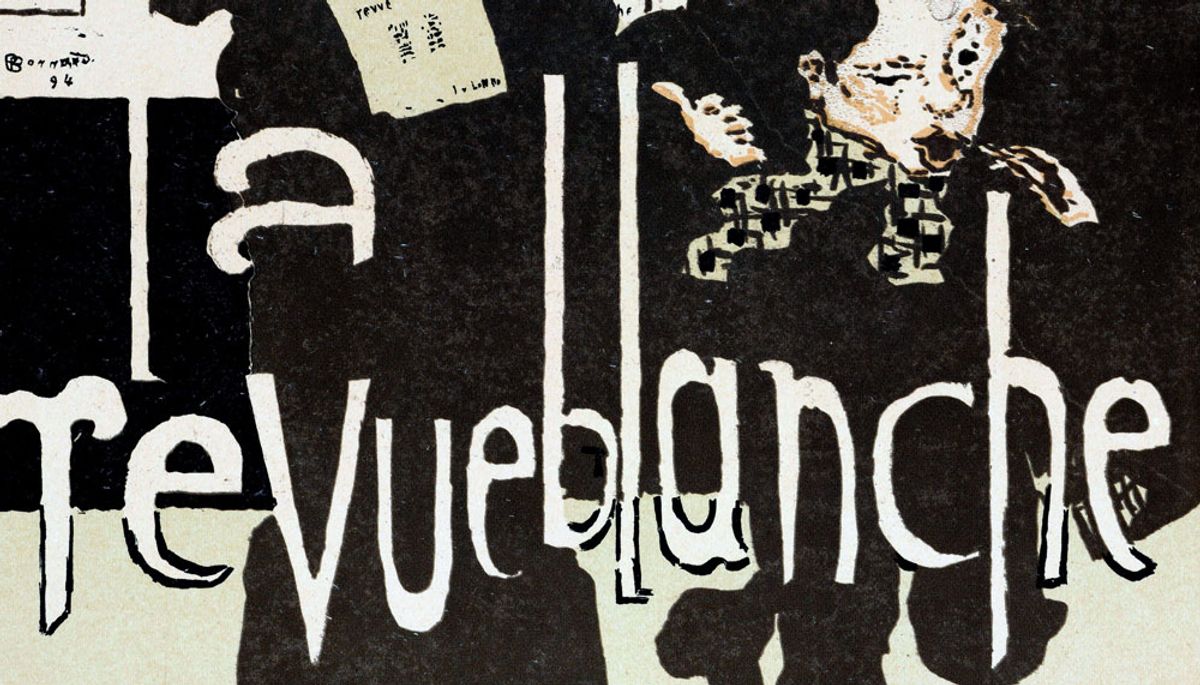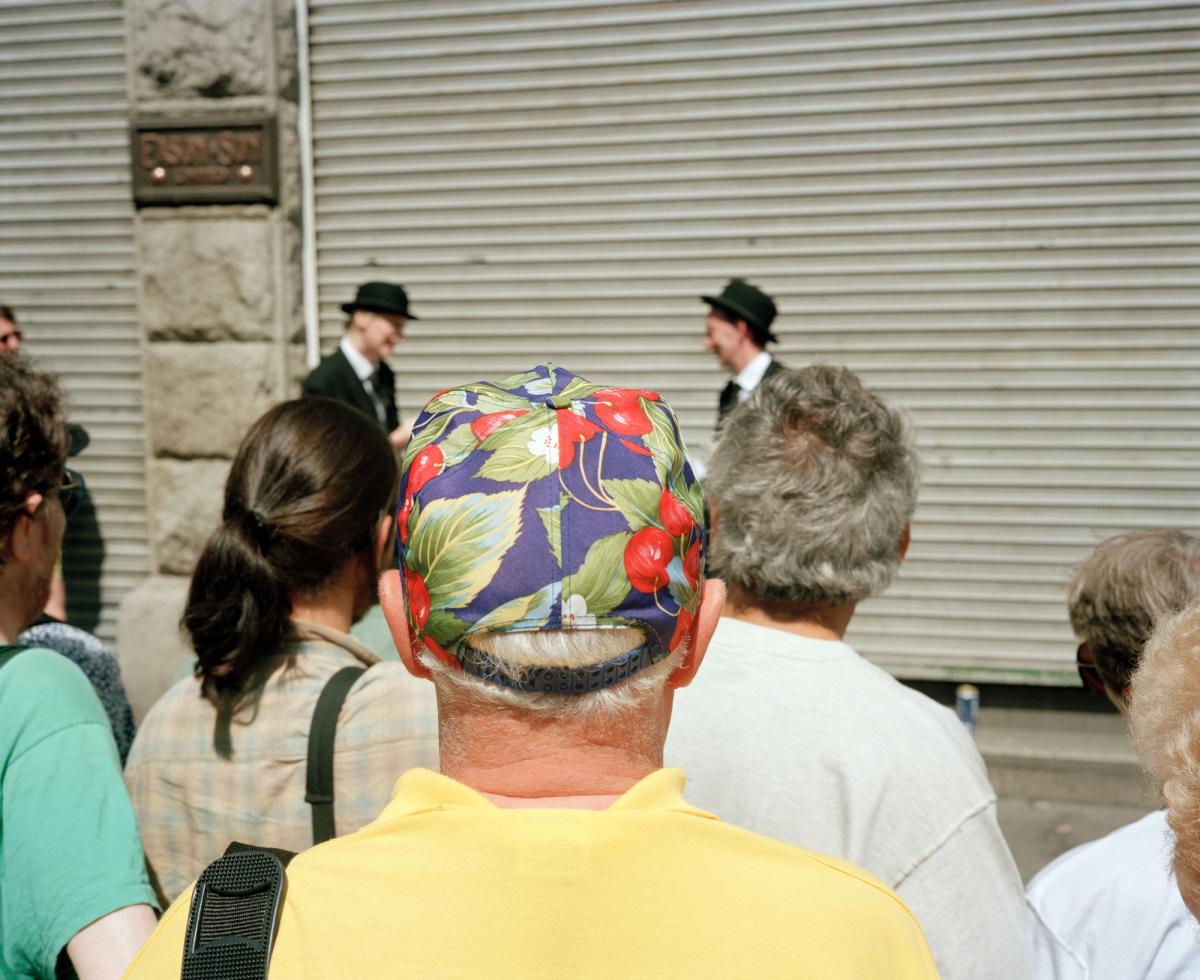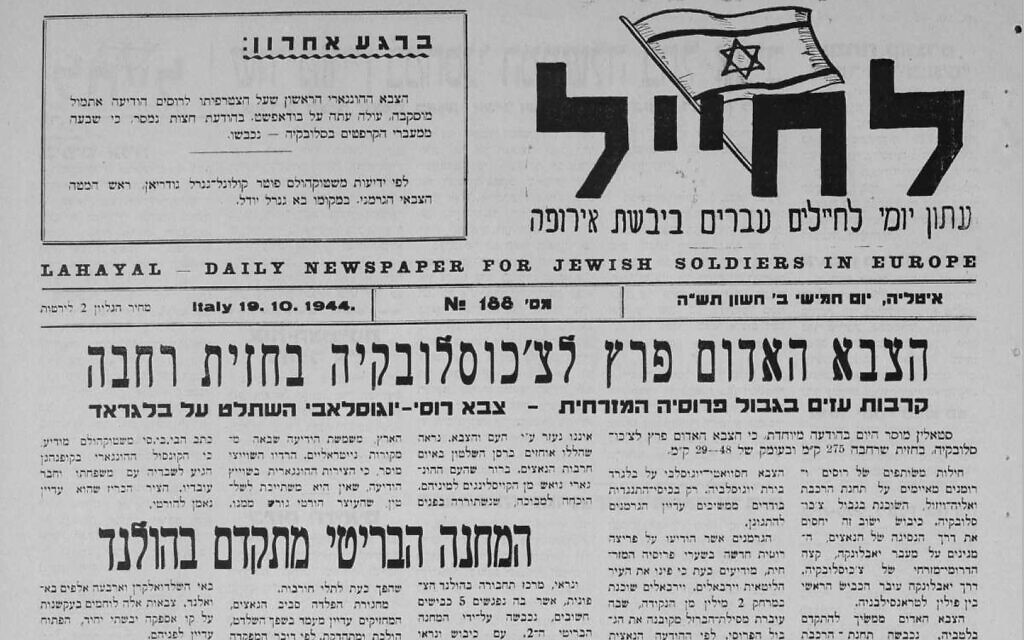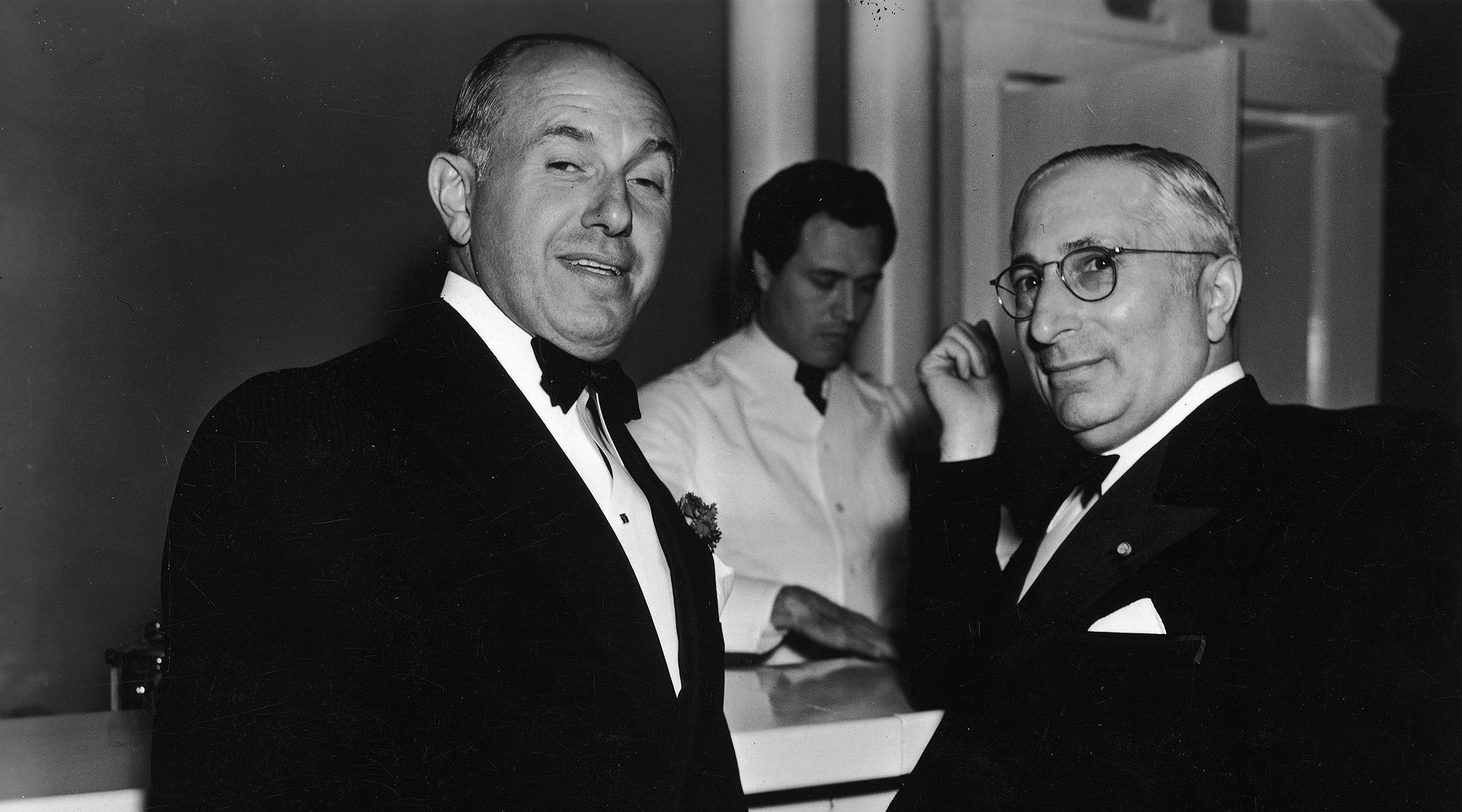Sixties Fan
Diamond Member
- Mar 6, 2017
- 67,538
- 12,083
- 2,290
- Thread starter
- #261

National Library of Tunisia stands up to antisemitic bigots
Blogging about Israel and the Arab world since, oh, forever.
Follow along with the video below to see how to install our site as a web app on your home screen.
Note: This feature may not be available in some browsers.

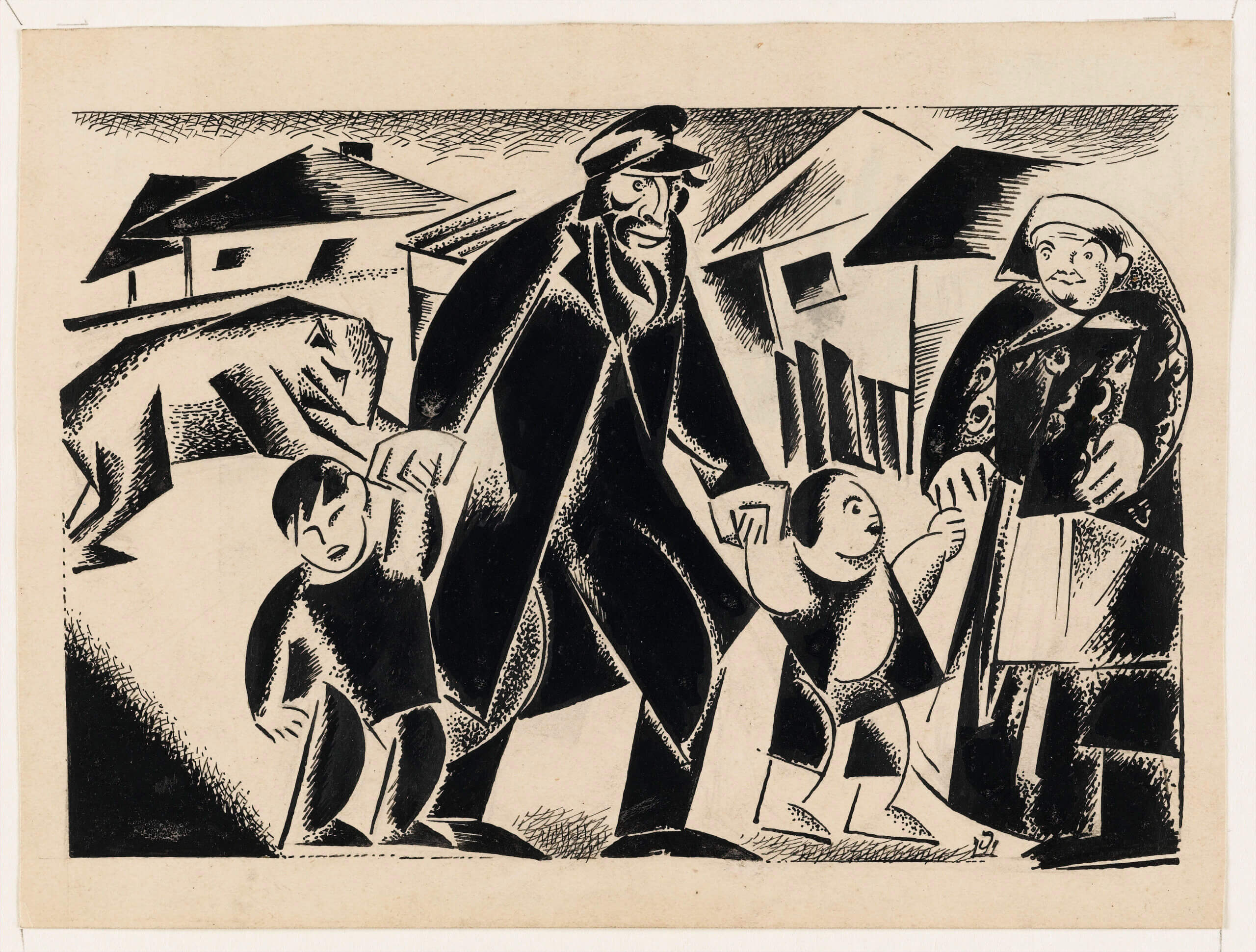



 thecjn.ca
thecjn.ca
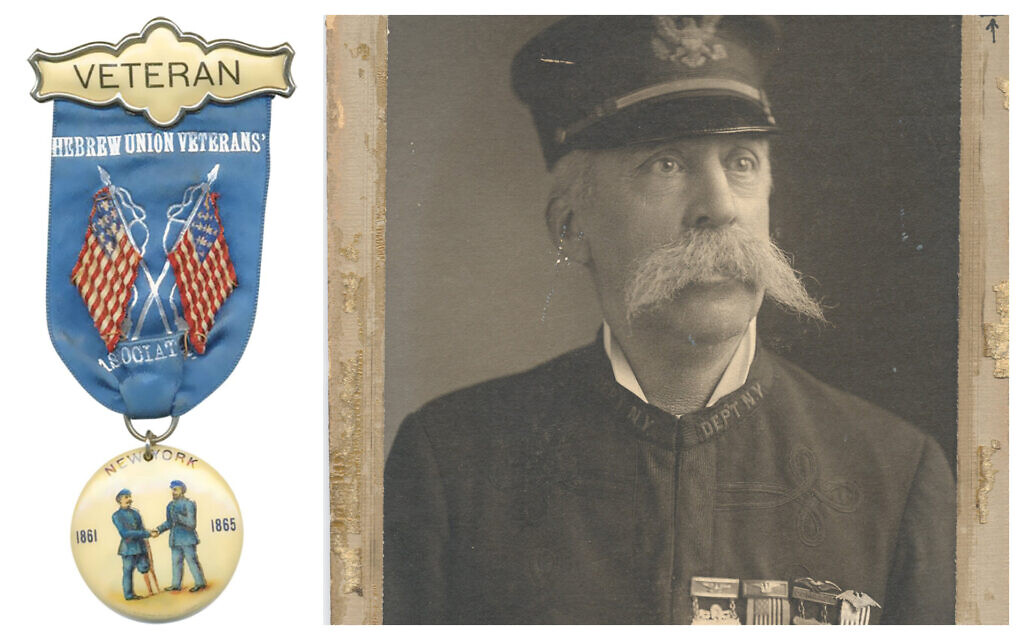

Hussain Rahal, a spokesman for Hezbollah, likewise said: "We respect the Jewish religion just like we do Christianity. The Jews have always lived among us. We have an issue with Israel's occupation of land."In 2014, when the Magen Abraham Synagogue reopened in Beirut, Lebanese politicians from across the spectrum were present, bathed in the glare of TV cameras. They all reiterated their support for a community they said they cherished as much as the other 17 sects that make up the Lebanese government.
Former prime minister Fouad Siniora declared: “We respect Judaism. Our only problem is with Israel.”
Even Hezbollah chief Hassan Nasrallah weighed in: “This is a religious place of worship and its restoration is welcome.”
The story has it that a Jewish woman from Beirut who was keen to meet other Jews heard of a coreligionist living in the town of Zahle, 50km east of the capital. She went there and searched for her. It was difficult as the woman had changed her name, something many Jews have done for safety reasons. But when she finally found her, the Zahle woman met her with a glacial stare. She spoke one word: Leave. The woman was obviously scared of the attention her visitor might awaken.
Those who are still there preserve a total silence about their identity. They gather secretly in each other’s houses for their prayers.
True, Lebanese Jews were not rounded up and thrown out like their Egyptian, Iraqi and Syrian counterparts, yet “whenever something happened in Palestine, people would take revenge on the Jews,” said (author of a book on the Jews of Lebanon) Zeidan.
“They would throw a bomb at a synagogue or kidnap a Jewish man. Protests would erupt, inciting violence against the Jews.”



